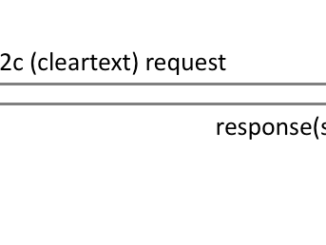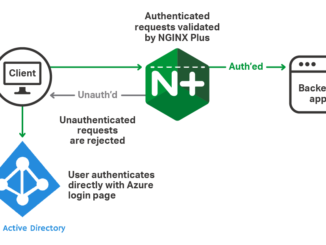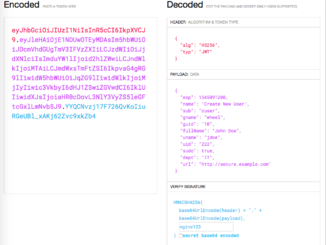
Announcing gRPC Support in NGINX
Announcing gRPC Support in NGINX Today, we’re excited to share the first native support for gRPC traffic within NGINX. If you’re as keen as we are, you can pull the snapshot from our repository and share your feedback. If initial feedback is positive, we’ll include this capability in the next NGINX OSS release (1.13.10). The next NGINX Plus release, R15, will inherit this support for gRPC as well as the support for HTTP/2 server push support introduced in NGINX 1.13.9. NGINX can already proxy gRPC TCP connections. This new capability can terminate, inspect, and route gRPC method calls. You can use it to: Publish a gRPC service, and then use NGINX to apply HTTP/2 TLS encryption, rate limits, IP‑based access control lists, and logging. You can operate the service using unencrypted HTTP/2 (h2c cleartext) or wrap TLS encryption and authentication around the service. Publish [ more… ]




